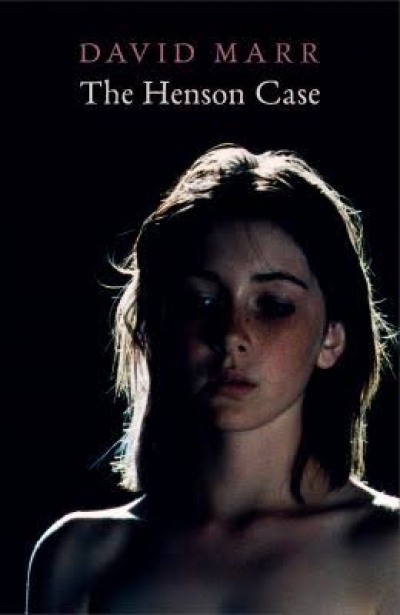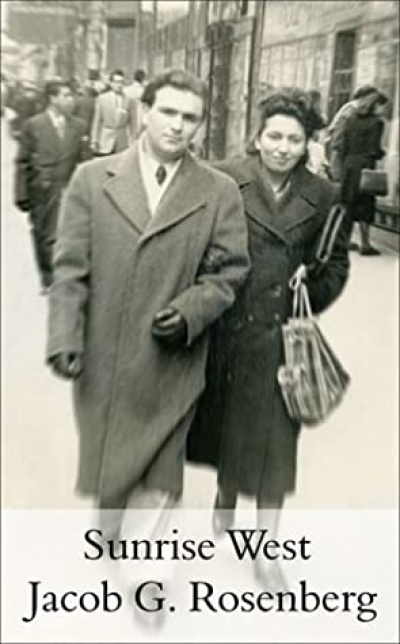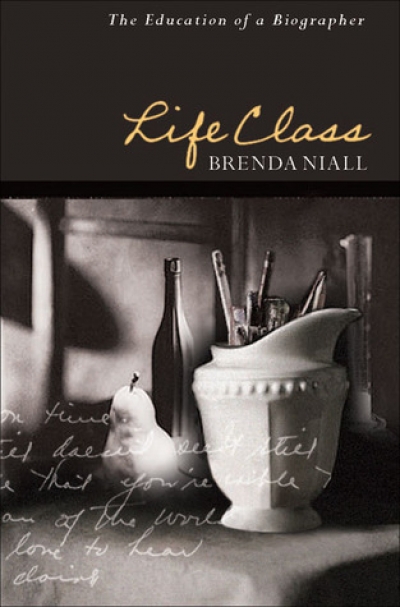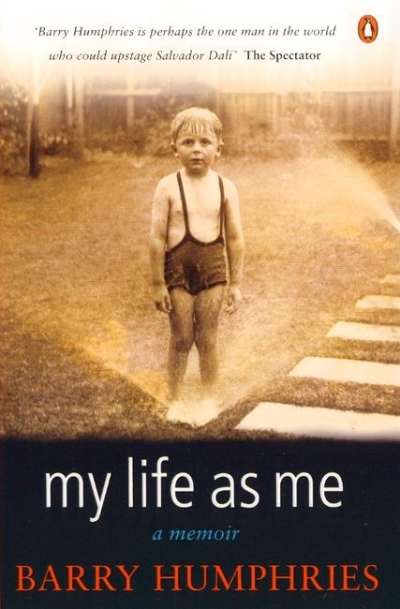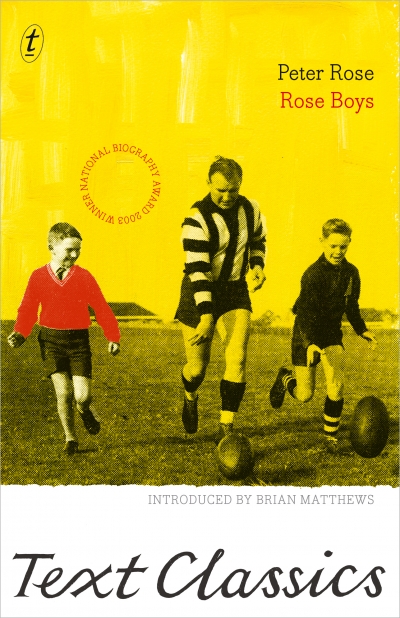Peter Rose
Each year on Australia Day, newspaper readers disinter their magnifying glasses and begin to inch down the columns of this year’s national honours like proofreaders at a gala ball. And each list produces its surprises, its gratifications and its absurdities. Normally, ABR doesn’t concern itself overmuch with prizes and such. Laurels grow like grapes in this country. But the absence of creative writers this year was so marked as to warrant comment.
... (read more)Listen, Lesbia!
Surely you can hear.
Shake off that silly hangover
while I part the curtains
just slightly.
My theme is the mixed and contentious business of reviewing: its influence, its limitations, its present condition in what we like to call our literary culture. I will largely confine my remarks to the literary pages of our newspapers and magazines. I don’t propose to comment on the learned journals – or criticism at monograph length issuing from the academy. (Not, sadly, that there is much of that kind of publishing in Australia these days.)
... (read more)Welcome to our final issue for 2001! Our summer issue – arrestingly illustrated on the cover – is a double one, and longer than previous ones this year. Funds permitting, we hope to be able to publish more eighty-page issues in 2002, especially in the second half of the year, when so many Australian books, both general and scholarly, are published. This expansion allows us to add new features: ‘Best Books of the Year’ column (children’s as well as adult books); short fiction; and a ‘Summer Reading’ column, containing brief reviews of worthy titles for which we haven’t been able to find the wonted page or two. Columns such as ‘Best Books of the Year’, in which various critics nominate two favourite books of the year and one ‘surprise’, are certainly not intended to be the last word on the subject. Such columns are inevitably subjective. But it is interesting to hear from some of our regular critics and contributors about their assessment of quality publications here and overseas. If it points some readers to fine books they may have overlooked, I think it is worthwhile.
... (read more)
